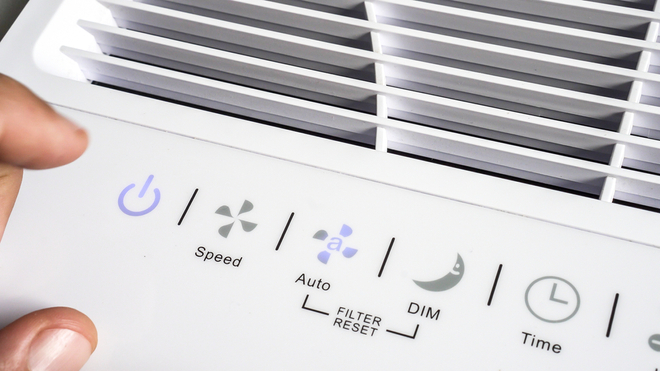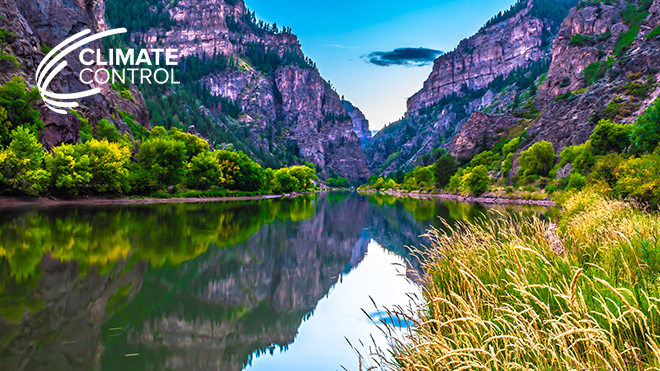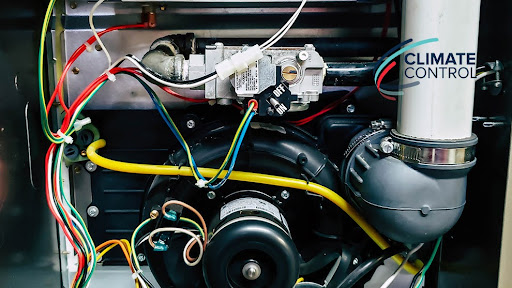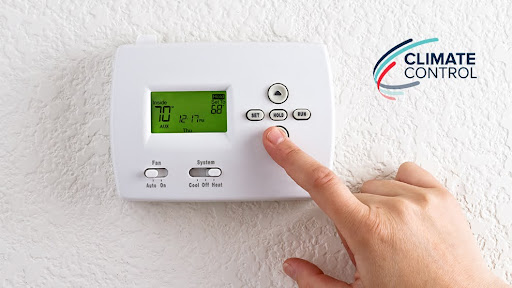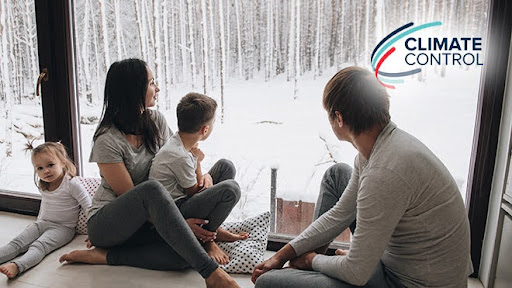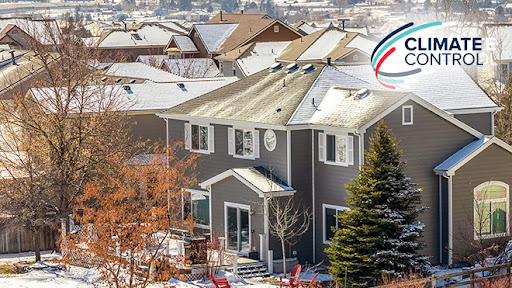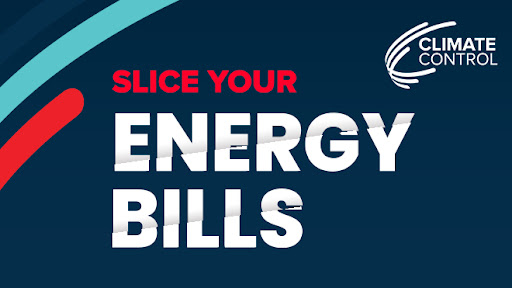Depending on your age, if you grew up on the Western Slope chances are you did NOT have central air conditioning in your home. That’s no longer the case in Glenwood Springs, Aspen, and Vail, CO. Summers are trending hotter and even with our cool mountain nights, air conditioners are no longer thought of as a luxury, but rather a necessity.
What Air Conditioning Won’t Do
In some ways it’s downright amazing how well modern air conditioners work. They will make almost any home or business comfortable no matter how hot it is outside, but contrary to some popular myths they do not control or eliminate indoor air pollution. If you believe an air conditioner is purifying the air, you are wrong. Let’s dig a little deeper on this subject.
Minimal Filtration
Everyone knows, or should know, that an HVAC system has an air filter. But do you also know that standard filtration has a very minimal effect on indoor air quality? Those filters are mostly there to protect the air conditioner by catching larger particles of dirt and other debris. The particles responsible for things like allergy and asthma attacks, not to mention bacteria and viruses, are much too small to be trapped by standard filters.
Don’t Jump to Any Conclusions
Under no circumstances should you mistake this for a reason to ignore changing the air filters. Protecting your expensive air conditioner and/or furnace is a vital mission. Changing the filters may not eliminate indoor air pollution, but it will make your heating & cooling systems last much longer and run more efficiently.
So, What’s the Answer?
If you are serious about improving the indoor air quality in your Glenwood Springs, Aspen, or Vail, CO home, you should talk with Climate Control Company about some of the available choices including:
- Media Filters—These filters are four-inches thick as opposed to the standard one-inch, meaning there is a huge increase in the filtering surface. They are also designed to trap smaller particles.
- Activated Carbon—The carbon is highly absorbent and has chemical bonding properties. Activated carbon filters are exceptionally good at capturing pollutants like volatile organic compounds, gases, tobacco smoke and odors.
- UV Technology—An ultraviolet light is installed inside the HVAC system and kills most bacteria and viruses before the air is circulated throughout the home. What it doesn’t do is trap particles, so it’s always used in conjunction with filters.
- Ionization—These air purifiers use charged particles to clean the air. The negative ions magnetically attract airborne particles like pollen and dust. The particles then get too heavy and cannot stay airborne.
To Summarize
The bottom line is this: appreciate what your air conditioner does to keep you cool and comfortable, but don’t depend on it to make your home healthier to live in. Be sure to like and follow us on Facebook and Twitter for more great information about heating and cooling your home and business.

